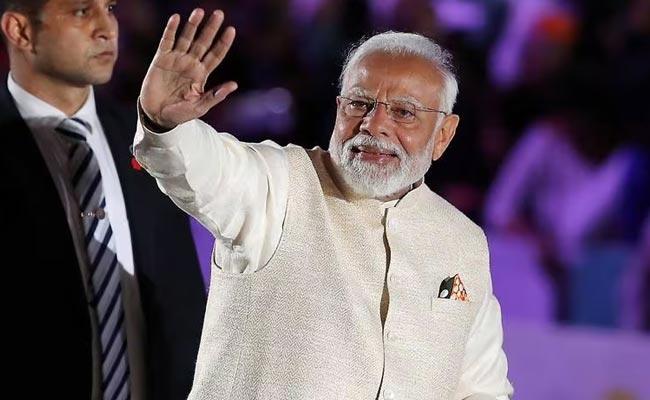
Gossip

It is said that Modi attempted to secure support from four key groups, referred to as the 'four M's, by conferring the Bharat Ratna upon Karpuri Thakur, Lal Krishna Advani, P V Narasimha Rao, and MS Swaminathan.
The prevailing narrative suggests that Modi aimed to win over the Mandalites through Karpuri Thakur, supporters of the Ram Mandir movement through LK Advani, market forces through PV Narasimha Rao, and agricultural communities through Swaminathan and Chaudhary Charan Singh.
Modi also employed four traditional methods of persuasion — Sama (conciliation), Daam (rewards), Dand (punishment), and Bhed (division) — to secure victory in the electoral battle.
Leaving no stone unturned, Narendra Modi intends to harness all available resources for these elections.
Despite assurances from Bihar BJP leaders that the party could secure 25-30 seats even without Nitish, Modi is determined to win all 40 seats this time.
Similarly, while it was believed that the BJP would comfortably secure 62 seats in Uttar Pradesh due to the Ram Mandir wave and Yogi's assertive tactics, Modi has set a goal of winning all seats.
Consequently, Chaudhary Charan Singh was awarded the Bharat Ratna, and Jayant Chaudhary was brought into the NDA to facilitate BJP's competitiveness in Jat-majority seats in Haryana, Rajasthan, and western Uttar Pradesh.
In Karnataka, the BJP collaborated with HD Deve Gowda's party JDS, and efforts are underway in Odisha to align with Naveen Patnaik's Biju Janata Dal to secure more seats.
Discussions are ongoing to coordinate with Akali Dal in Punjab, where BJP holds two seats and Akali Dal holds two seats, with the aim of retaining all four seats.
In Maharashtra, where BJP secured 23 seats and NDA 41 seats previously, every effort was made to maintain this performance by fracturing alliances with Shiv Sena and NCP, and further consolidation was pursued by involving Congress's Ashok Chavan.
Advertisment